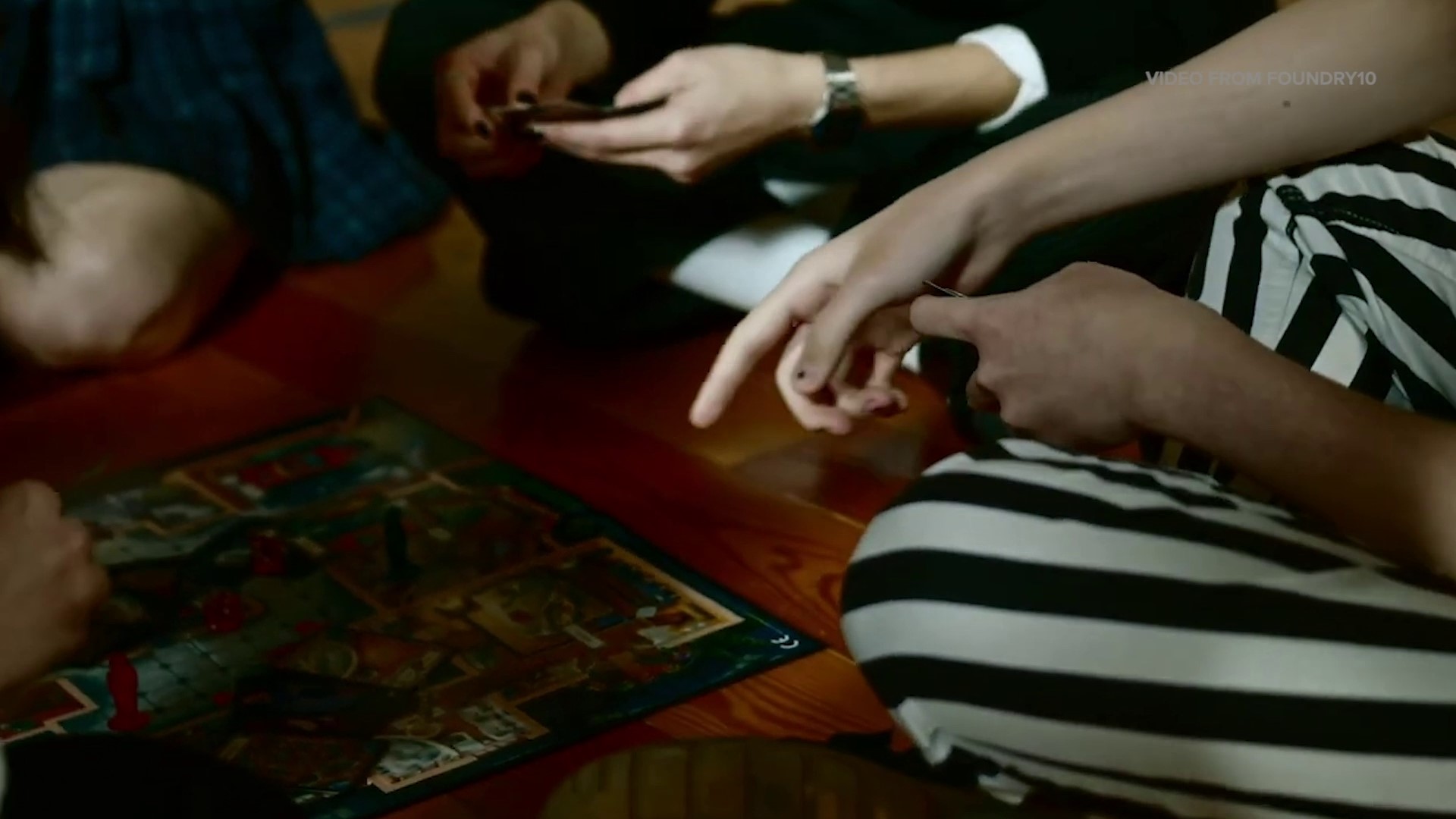SEATTLE — The wildly popular tabletop role-playing game Dungeons & Dragons was introduced in the 1970s but just recently saw its biggest year ever in 2021.
Amid a surge in popularity, two Seattle research partners say it's time to recognize how the game can boost social-emotional learning (SEL), especially in students who lost some of those skills during the pandemic.
Foundry10, a Seattle education research organization teamed up with a local nonprofit, Game to Grow, in an effort to help kids rebuild SEL skills through tabletop gaming.
Founder Adam Davis said Game To Grow has seen many tabletop roleplaying games help kids.
"It's not a video game, it's actually a collaborative in-person game where people are working together to create a story," Davis said.
The research study highlights skills like collaboration, self-awareness and responsible decision-making observed in teens who have played with professional facilitators.
"I've seen so many parents tell me verbally, 'Wow, this is such a transformative experience for my kid,'" Davis said.
Samantha Bindman is the director of research at Foundry10. She said the study was conducted over the course of several years, which allowed them to observe players in a safe and controlled environment where kids can practice SEL skills and make mistakes without consequences.
The research indicates that problem-solving and collaboration in a fantasy world are great ways to prepare for real-life scenarios.
Sixteen students from different schools took part in a 10-week program with the goal of building SEL skills of self-regulation, perspective-taking, communication, collaboration and imaginative play. The results were encouraging and provided the practical data Davis says they need to encourage the use of these games to boost SEL in schools and even hospitals.
Read the research report here.

